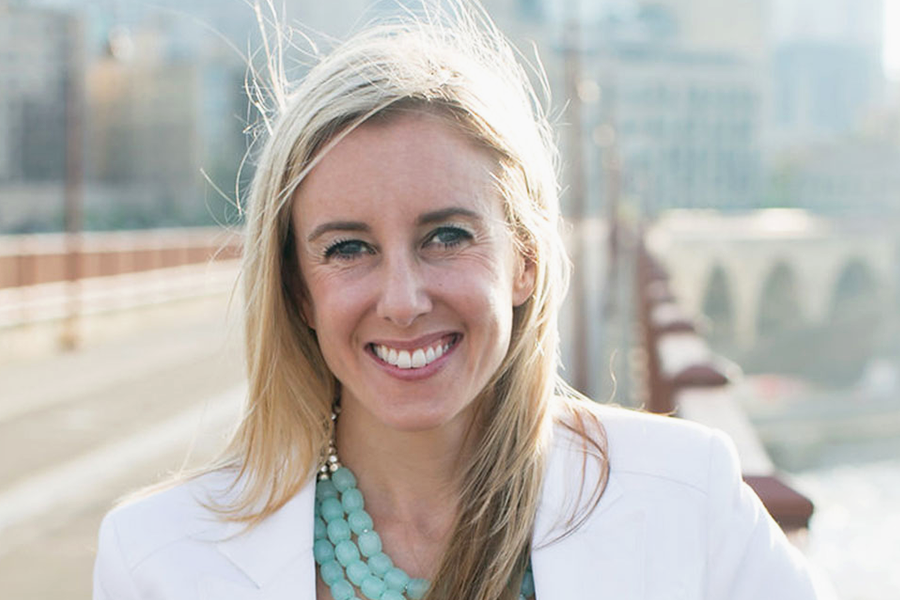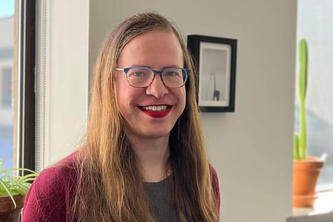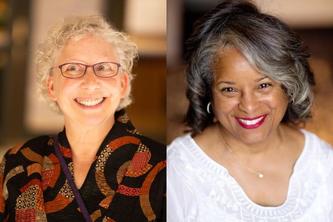
Education can transform a life and the world. That statement drives Jenna Mitchler. She experienced it firsthand as a Peace Corps Volunteer in Malawi several years ago and more recently in Tajikistan through the Fulbright Specialist Program.
“I look for opportunities to learn about people who are different than myself—there’s so much value in diversity and difference,” she says.
Mitchler joined the Peace Corps after earning her undergraduate degree—a major in English education with a minor in coaching—and taught English and HIV/AIDS education in Malawi in southeastern Africa. She also served as the president of northern Malawi’s Gender and Development Organization, which provides scholarships to girls to pay for secondary school fees.
After her two years in the Peace Corps were up, Mitchler returned to the U.S. and began teaching high school English. However, some familiar strains kept playing in her ear. “While reflecting on my time in Malawi, I realized that culture and education intersect in ways that profoundly impact students,” she says. “I knew I had to learn more.”
She applied to the Culture and Teaching program at the College of Education and Human Development (CEHD) and graduated with a PhD in curriculum and instruction in 2015. She is now the assistant superintendent for Bloomington Public Schools.
Last June, Mitchler was accepted in the Fulbright Specialist Program, designed for academics and professionals to develop partnerships with organizations by way of an international exchange.
“As a part of my exchange, I partnered with TajRupt, a nongovernmental organization that aims to empower the youth of Tajikistan to solve some of the biggest challenges facing the country through critical thinking,” she says.
Spending six weeks in the central Asian country, Mitchler helped facilitate a review of TajRupt’s curriculum and assessments and shared strategies for helping educators grow as practitioners. Her team identified areas of strength and how the organization can draw upon research-based processes for curriculum review and development. Mitchler also used the time to get to know her new surroundings.
“This Fulbright experience was an incredible opportunity to live with people who have a culture different from my own, which nudges me to be a curious observer, recognizing my assumptions—something I’m always hoping to do more and better,” she says.
Although she is now back in the U.S., Mitchler has kept the international relationship alive. “A colleague from TajRupt and I submitted a proposal to the Comparative and International Education Society conference, which will be held this spring in Washington, D.C.,” she says. “I continue to collaborate with the staff at TajRupt, talking with someone about once per week.”
Mitchler has also kept up her relationship with CEHD, currently serving as vice president of the alumni society board. “My experience at the U of M shaped me as a person and as a leader,” she says. “It’s always my aim to find ways to give back to the people and organizations that have given so much to me. As vice president of the board, I get opportunities to connect with aspiring educators and educational leaders, while advocating for the University.”
And why does she do all this? Because education can transform a life and the world.
“It’s the responsibility of those in the field of education to understand our histories and our current context while ensuring each of our learners are afforded humanity, inclusion, and access to opportunities,” Mitchler says. “This is what drives me as a leader.”
- Categories:
- Education
- Education practice and theory





